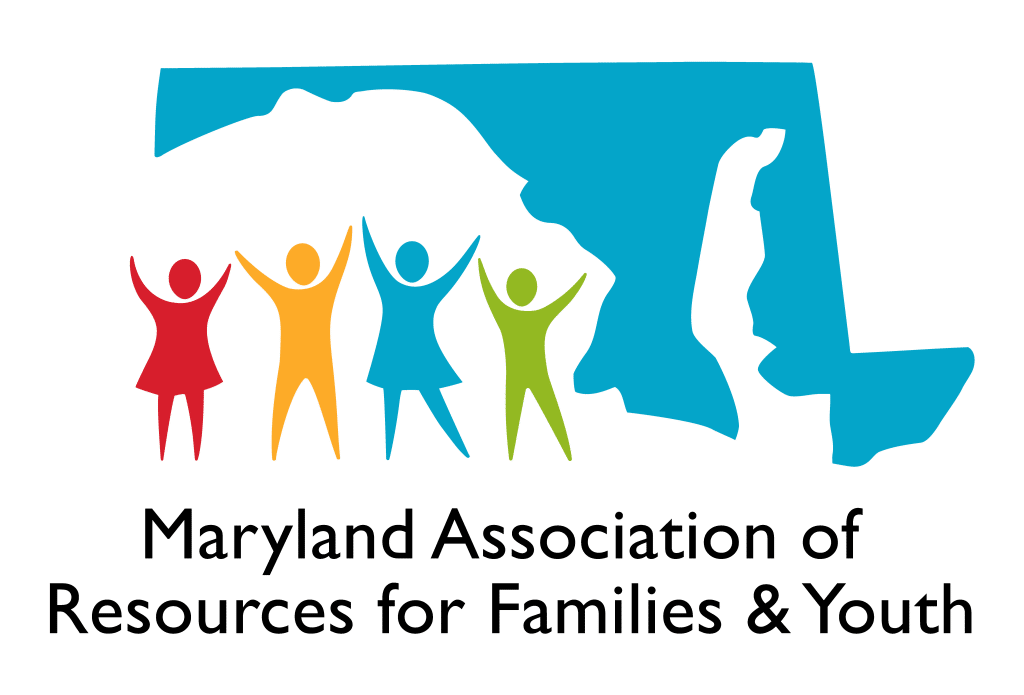 Board members are responsible for understanding the financial condition of their organization in order to fulfill their fiduciary obligations. The IRS Life Cycle states that “Directors are stewards of a charity’s financial and other resources. The IRS encourages the board … to ensure … funds are appropriately accounted for by regularly receiving and reviewing up-to-date financial statements and any auditor’s letters or finance and audit committee reports.”
Board members are responsible for understanding the financial condition of their organization in order to fulfill their fiduciary obligations. The IRS Life Cycle states that “Directors are stewards of a charity’s financial and other resources. The IRS encourages the board … to ensure … funds are appropriately accounted for by regularly receiving and reviewing up-to-date financial statements and any auditor’s letters or finance and audit committee reports.”
Documents the board should receive include:
- Financial statements – These should be reviewed at least quarterly, and sometimes monthly depending on the size and complexity of the organization and when the board meets. These statements should include budget-to-actual for the organization’s income and expenses. If the organization has a finance committee, that committee might review the financial statements once a month, with the board reviewing them quarterly.
- Year-end audited financial statements – These would include: a statement of financial position or balance sheet; a statement of activities (also called a statement of revenue and expenses); a statement of changes in net assets; and a statement of cash flows
- RS Form 990 – This is a very important document and one that the IRS carefully peruses to ensure an organization is conducting itself as required of a designated 501(c)(3) organization. The public and funders have access to an organization’s Form 990, so its importance as a communication tool can’t be understated. The board should review the organization’s 990 or have a committee review it before it is filed.
For access to our resources on budgeting, financial policies, personnel policies, and risk management and other resources, join Maryland Nonprofits today!
From the Standards for Excellence®: An Ethics and Accountability Code for the Nonprofit Sector. The Standards for Excellence code, developed by the Standards for Excellence Institute, includes specific benchmarks and measures that provide a structured approach to building capacity, accountability, and sustainability in your nonprofit organization. The code identifies 6 major areas of nonprofit governance and management: Mission, Strategy, and Evaluation; Leadership: Board, Staff, and Volunteers; Legal Compliance and Ethics; Finance and Operations; Resource Development and Fundraising; and Public Awareness, Engagement and Advocacy.
The Standards for Excellence® Institute, a program of Maryland Nonprofits, provides the best possible resources to nonprofits nationwide, helping build their capacity to effectively and efficiently meet the needs of their communities. Members of Maryland Nonprofits gain access to an online community with an expansive library of resources and customizable templates. Membership with Maryland Nonprofits is designed to help you raise more money, develop your board, build relationships, learn, save on the things you need to run your organization, and amplify your voice in Annapolis. Join today.




